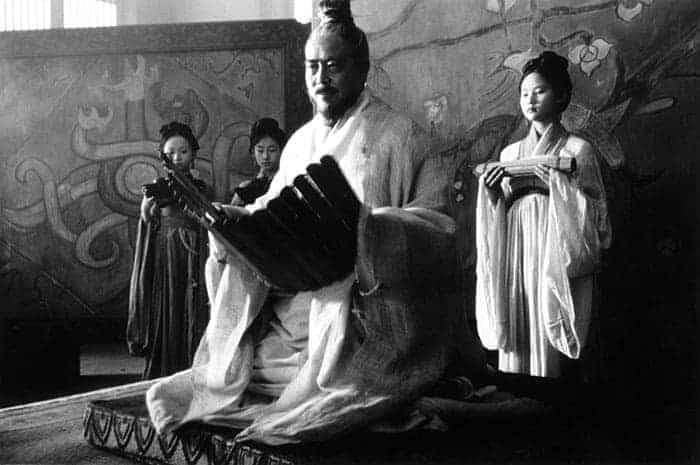China’s first emperor, Chin Shi Huang Di, was one of history’s most extraordinary rulers. On the one hand, he possessed exceptional talent, which allowed him to essentially create China from scratch by conquering all his neighbors, uniting their lands under his rule, and founding China’s first imperial dynasty. On the other hand, he was a gullible fool, who sought a magic potion that would allow him to live forever, and was exploited by charlatans promising to get it for him.
Following are ten fascinating things about the emperor who unified China, turned megalomaniacal, and spent much of his reign seeking an immortality drug.
Chin Shi Huang Unified China, Then Tried to Live Forever
Chin Shi Huang (259 – 210 BC), whose name means “First Emperor of Chin”, started off as king of the Chinese state of Chin – one of several competing kingdoms during China’s Warring States Period (475 – 221 BC). He ascended the throne as a child, and in his teens, he wrested power from the regents and courtiers who had governed during his minority.
The young king then consolidated his power by massacring palace plotters who sought to usurp his prerogatives. He then went on the warpath, pushed back the northern barbarians, defeated and conquered all competing Chinese states by 221 BC, and consolidated them under his rule. Then, having accomplished all that, he declared himself the First Emperor of a united China.

He was a capable ruler. He unified his newly conquered empire by standardizing it currency, weights, and measures, and imposed a system of government known as Legalism, based on strict laws and harsh punishments. He also ended feudalism, which had led to the centuries of warfare that gave the Warring States Period its name. In its place, he instituted a centralized bureaucratic government, with advancement based on merit – a basic template that was followed by all subsequent Chinese dynasties, for more than 2000 years.
The darker side of Chin Shi Huang Di was an unchecked megalomania, coupled with an unprecedented oppression of his subjects. He ordered massive projects that utilized the forced labor of millions, and claimed the lives of hundreds of thousands. Such tyranny made Chin Shi Huang’s name one of the most loathed throughout most Chinese history.
Another manifestation of his megalomania was his manic pursuit of immortality drugs. That entailed the lavish funding of searches for a “Life Elixir” that would keep him alive forever. His efforts included the funding of an expedition with hundreds of ships that sailed off into the Pacific in search of a mythical “Land of the Immortals”. It was never heard of again.

